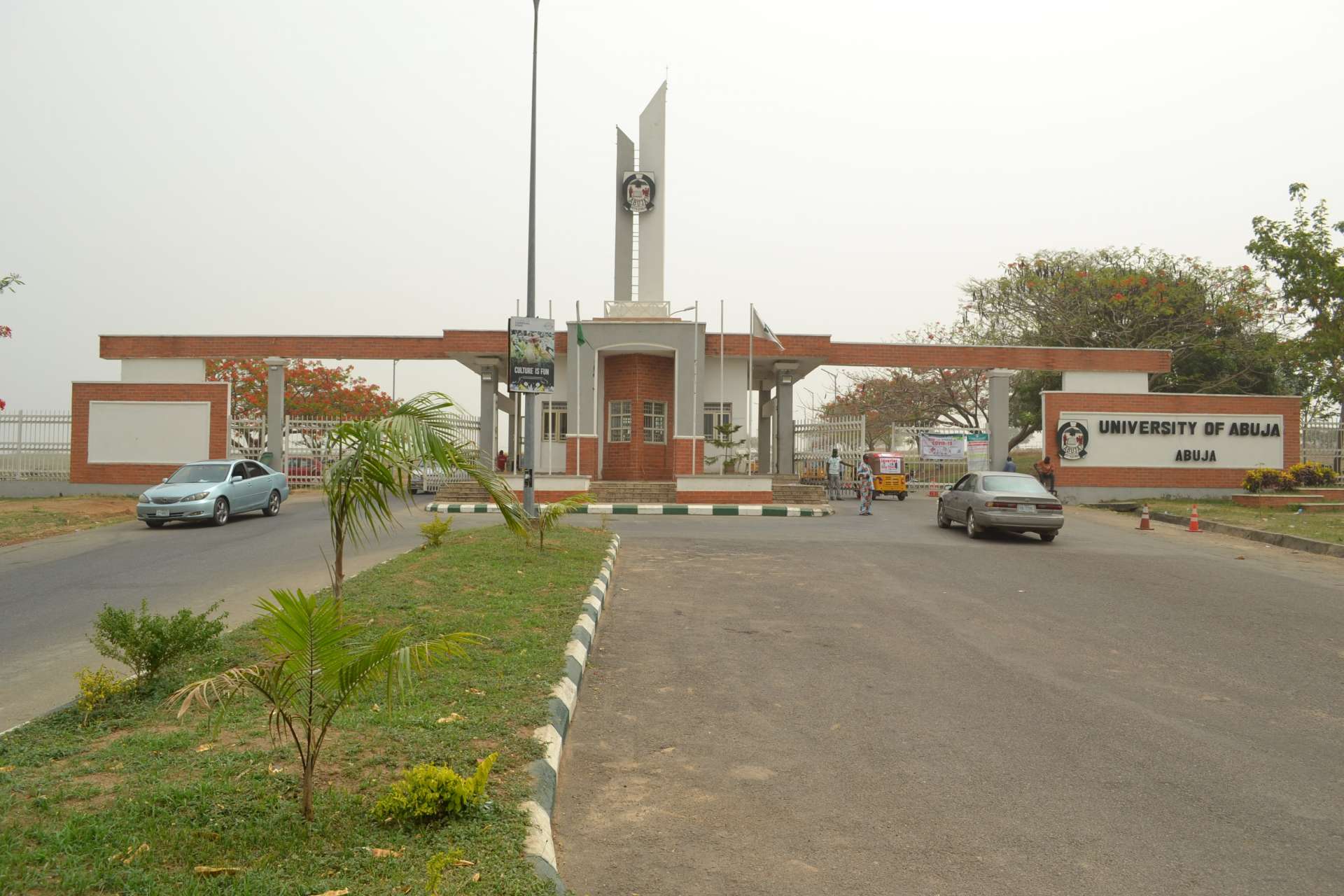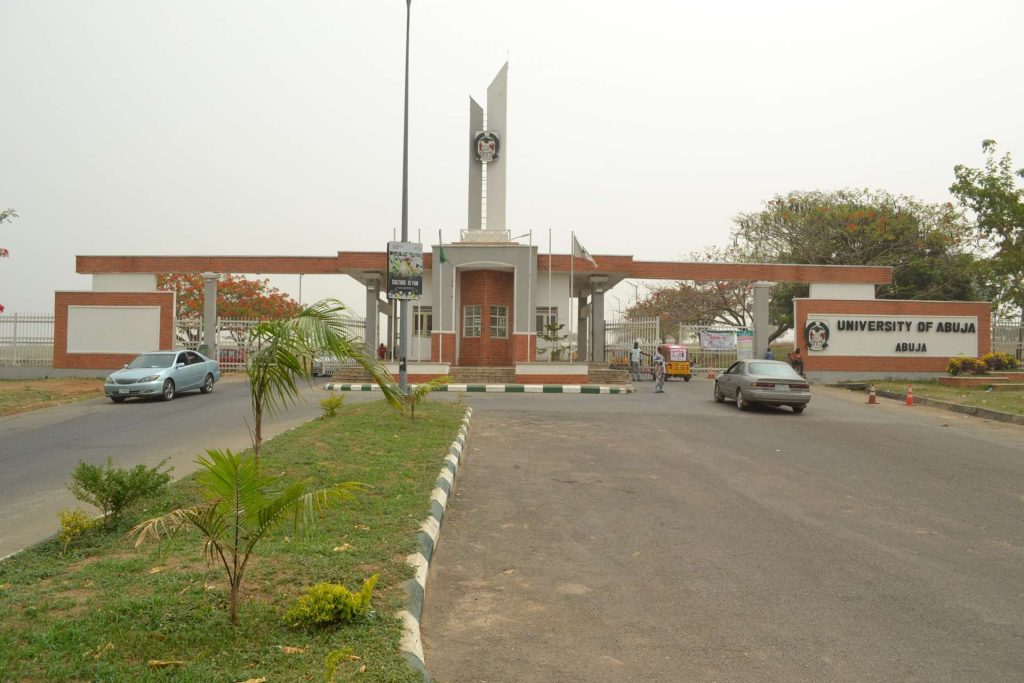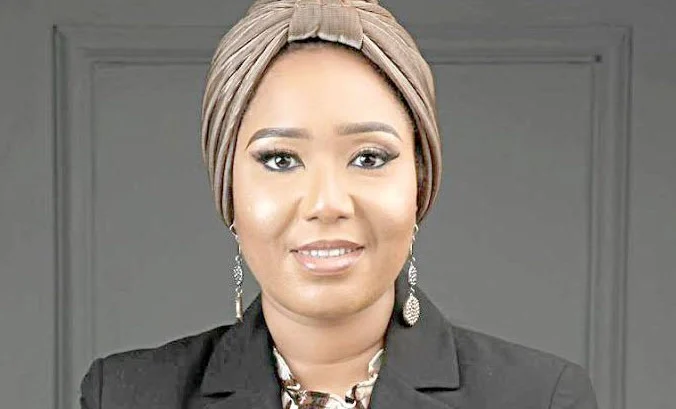Conflict erupts at UNIABUJA as acting VC accuses Pro-Chancellor of undue interference


A dispute has intensified at the University of Abuja between Acting Vice-Chancellor Professor Aisha Maikudi and Air Vice Marshal Saddiq Isma’ila Kaita, the Chairman of the Governing Council, sparking concerns about the potential impact on the university’s governance and academic environment.
Professor Maikudi, a distinguished legal scholar, assumed the role of Acting Vice Chancellor following the conclusion of Prof. AbdulRasheed Na’Allah’s term on June 30, 2024. She is notable for being the university’s youngest professor of law and its first female acting VC.
In October, the university’s Governing Council, led by Kaita, was reportedly attempting to secure Maikudi’s appointment as the substantive Vice Chancellor. Sources claim that the council allegedly relaxed qualification standards to facilitate Maikudi’s appointment, raising questions about the selection process’s fairness.
According to multiple university sources, former Vice Chancellor Abdul-Rasheed Na’Allah may have orchestrated this push for Maikudi’s appointment as a gesture of gratitude to her father, who had supported his bid for the VC position despite opposition.
In a letter dated 6 November 2024 and addressed to the Minister of Education via the National Universities Commission (NUC), Maikudi raised serious governance concerns about the actions of Kaita, saying they “have the potential of seriously impinging the good governance, stability and progress of the University of Abuja.”
Maikudi expressed that the Pro-Chancellor’s conduct has strained relations between the Council and the university’s management. She outlined three main issues, the first concerning the appointment of a new bursar, where she alleged “a serious breach of procedure and undue interference.”
She explained that while the previous Council had initiated the bursar appointment process, the current Council, led by Kaita, appointed a consultant with excessive control, bypassing the Joint Senate and Council Bursar Selection Board and necessary protocols. She added that the absence of a representative from the Federal Ministry of Education also violated regulations.
Maikudi alleged that when she refused to endorse the selection report under duress, the meeting was postponed, and that Senate representatives still have not signed the report, indicating “all is not well with the process.”
She further criticised Kaita’s “blatant disregard for due process,” claiming it undermines the legitimacy of the appointment process.
The second issue involves the selection of an Acting Registrar, where Maikudi said she proposed the senior deputy registrar, but Kaita allegedly dismissed the nomination on “unsubstantiated legal grounds,” creating a “disconcerting atmosphere” and affecting the administration’s stability.
The third issue she highlighted is the misuse of extraordinary meetings and resources. Since the current Council’s inception, only one regular meeting has been held, while all others have been extraordinary meetings, often called at short notice for non-urgent issues. This, she argued, has drained resources needed for essential matters like staff promotions and pending disciplinary issues, echoing governance issues that previously led to the indictment of an earlier Council.
Maikudi warned of “serious consequences for established governance standards,” posing risks to the “stability, credibility, and effective and efficient management of the University of Abuja.”
In closing, she called for “prompt intervention to address these pressing issues and to bring Council conduct back within the bounds of its legal obligations.”
The letter was also copied to the Pro-Chancellor, Kaita.









